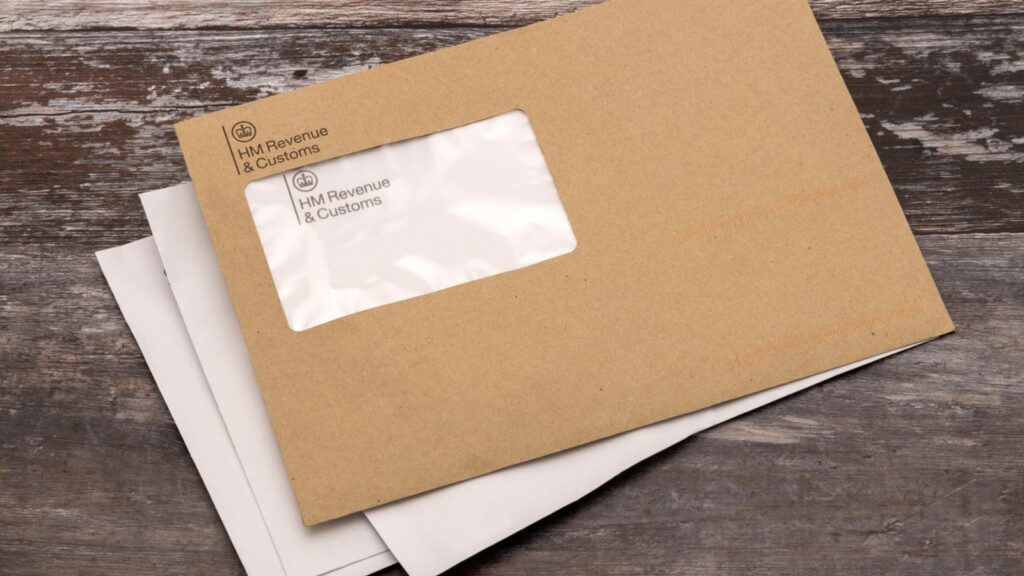Capital gains tax: What is it, when do you have to pay it and when are you exempt from it? | UK News

Capital gains tax is a levy on any profit you make when you sell or “dispose of” an asset, such as shares or a second home.
“Disposing” means gifting it, swapping it for something else or getting compensation for it – eg through an insurance payout.
Only the profit is taxed, not the total amount you’ve received for it.
For example, if you bought shares in a company for £5,000 and sold them later for £20,000, you’ve made a gain of £15,000, some of which is taxable.
Capital gains tax is a complicated topic, but we’ve broken down the basics here…
What do you pay the tax on?
You’ll have to pay capital gains tax when you sell or “dispose of”:
- Most personal possessions worth £6,000 or more – except your car – until April 2024 (more on that in a bit)
- A property that’s not your main home, eg a second home or holiday home
- Your main home if you’ve rented it out, used it for business or it’s very large
- Shares that are not in an ISA or Personal Equity Plan
- Business assets
Why doesn’t my car draw capital gains tax?
Simply put, cars are exempt from the levy because they are viewed by HM Revenue and Customs as having a shelf-life – they’re likely to become less valuable over time, making a profit unlikely.
What else is exempt from the tax?
Along with cars, there are a few more scenarios where capital gains tax does not apply, including:
- Betting or pools winnings and lottery prizes
- UK government gilts and premium bonds
- ISAs or Personal Equity Plans
- Compensation for damages for personal or professional injury
Tax relief for selling your main home
You’ll get private residence relief (PRR) if you sell or dispose of your main home, as long as you’ve lived in it the whole time you’ve owned it, haven’t let part of it out, haven’t used part of it exclusively for business purposes and the grounds are less than 5,000 square metres.
PRR also won’t apply if you bought the house purely to make a gain.
What is the allowance and the tax rate?
The amount you can earn in profit before paying capital gains tax is currently £6,000 – though that amount is going down to £3,000 in April 2024.
Using our earlier example, that means if you’ve made £15,000 through selling your shares, then you will have to pay tax on £9,000 of it.
The level of tax you pay depends on your income tax bracket:
Basic rate taxpayers (who pay 20% tax on their income) will pay 10% capital gains tax. A higher rate taxpayer (who pays 40% tax normally) will have to pay 20%.
Using that example we just mentioned, it means the lower-rate taxpayer would owe £900 capital gains tax on their sold shares, while a higher rate payer would owe £1,800.
Read more on Sky News:
Tips for keeping warm – from people in some of the coldest towns on Earth
Seven apps which may help you save money
What if I’m gifting my asset to my spouse?
You won’t have to pay capital gains tax if making a gift to your spouse or civil partner, as long as you lived together for at least part of the tax year in which you made the gift.
If they want to later sell the asset, your partner may have to pay the tax on any profit made.
The “no gain, no loss” treatment for transfers between spouses and civil partners was extended last year to give divorcing couples more time to get their affairs (no pun intended) in order.
From 6 April 2023, capital gains tax relief applies for three years after the couple stopped living together, or for an unlimited period if the transfer is part of a formal divorce agreement.
Recent Posts
- Peter Island Resort Set for December Debut in the British Virgin Islands
- PM Hotel Group Expands Washington, DC Area Portfolio With Management of Three Hotels
- A snowshoe hike in Bormio, the host of the 2026 Winter Olympics
- A Thriving Winter Season Ahead, Sparked by Holiday Celebrations and Seasonal Joy
- Banyan Group Launches ‘Rewilding Banyan Fund’, Strengthening Commitment to Responsible Stewardship





Recent Comments